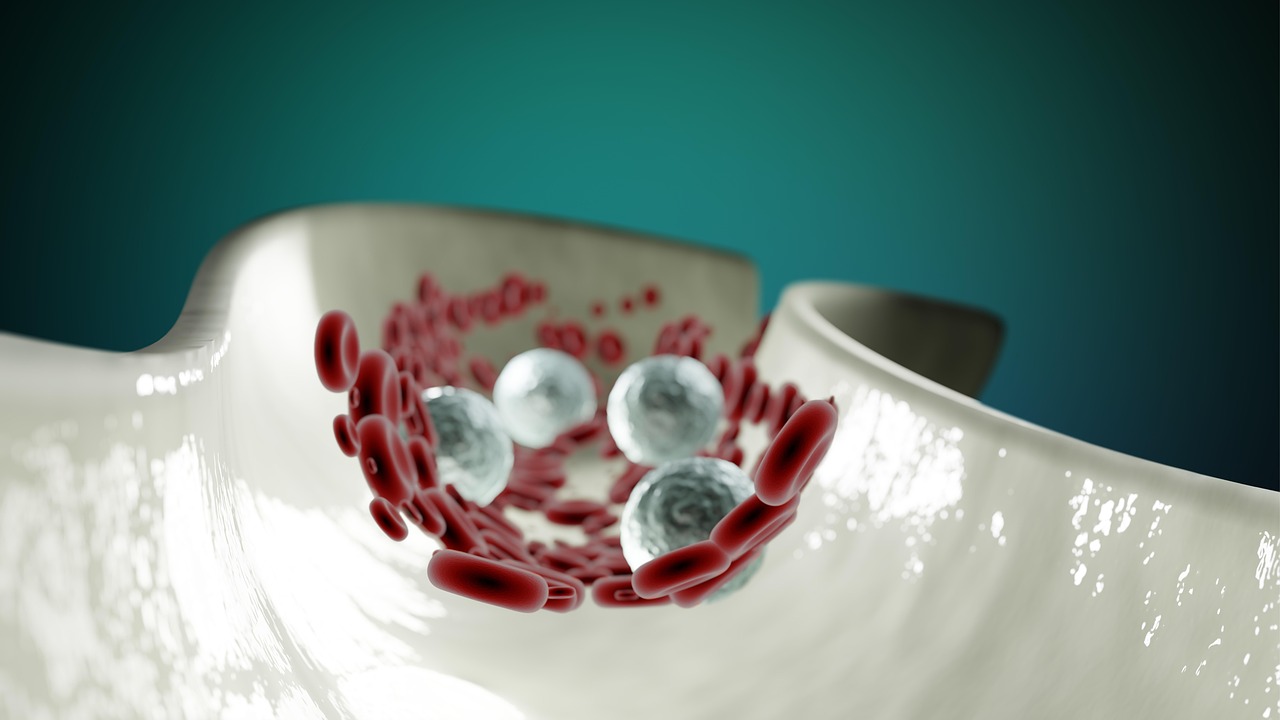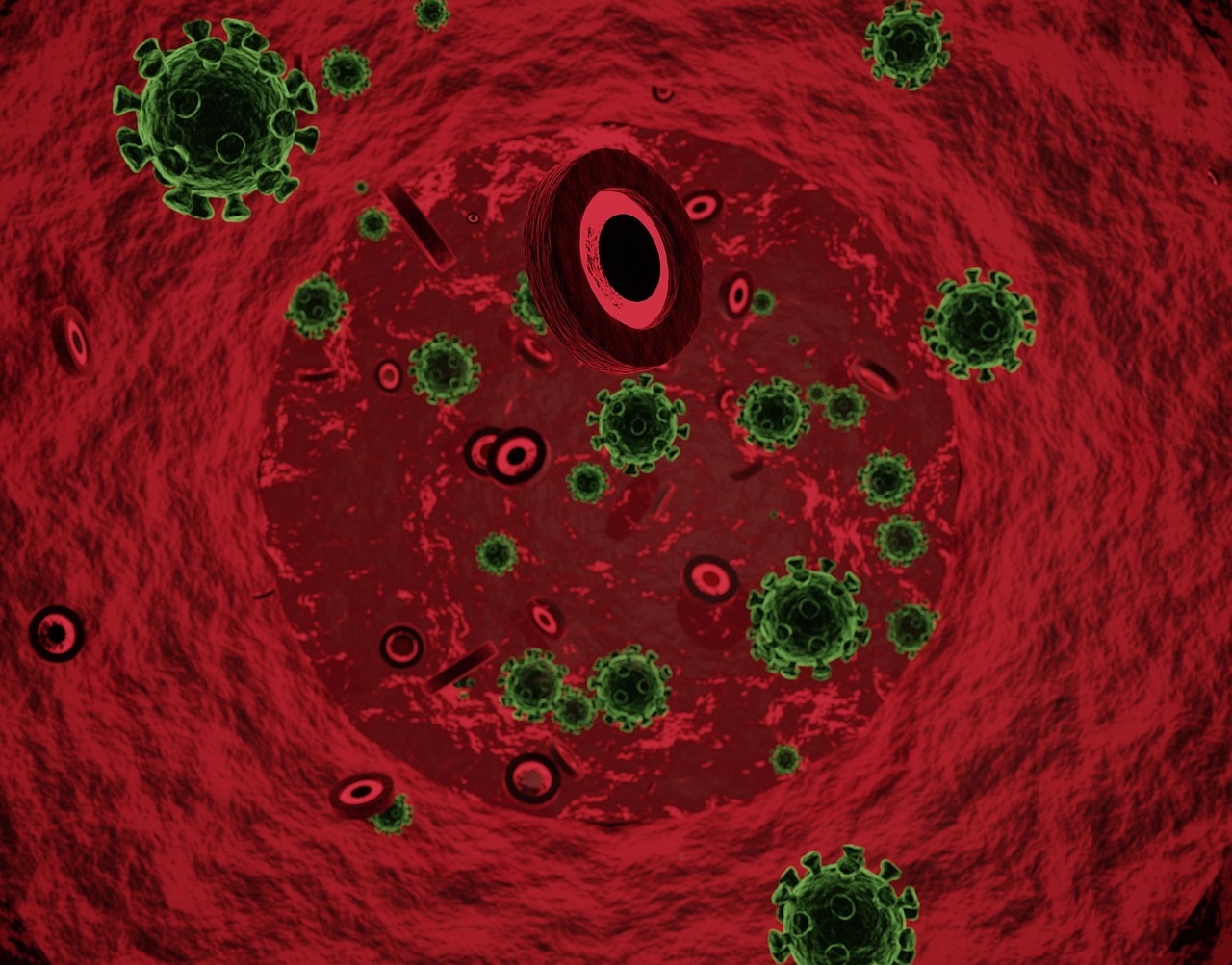
|
Broadcast Date
|
|
Episode Title |
Episode # |
|
Feb 10, 2026
|

|
The Bacteria That Helped To Defeat Napoleon |
1004 |
|
Feb 3, 2026
|

|
Left Handers Rule |
1003 |
|
Jan 27, 2026
|

|
Long Term Consequences for a Starved Child |
1002 |
|
Jan 20, 2026
|

|
You Say Tomato and I Say Potato |
1001 |
|
Jan 13, 2026
|

|
20 Years Ago Today - The Anniversary Episode |
1000 |
|
Jan 6, 2026
|

|
Was This the First Pandemic |
999 |
|
Dec 30, 2025
|

|
The FUS involved in ALS |
998 |
|
Nov 4, 2025
|

|
Gene Editing on Demand for Genetic Disease |
990 |
|
Oct 28, 2025
|

|
Orwell Almost Didn't Get to Write 1984 |
989 |
|
Dec 23, 2025
|

|
The Bad "Rap" of Vaccine Adjuvants |
997 |
|
Dec 16, 2025
|

|
The Chemistry of Mercury |
996 |
|
Dec 9, 2025
|

|
Nobel the Man behind the Ultimate Science Prizes |
995 |
|
Dec 2, 2025
|

|
Why Do We Prune in Water? |
994 |
|
Nov 25, 2025
|

|
Is Your Microbiome Connected to Your Pain |
993 |
|
Nov 11, 2025
|

|
A Little Recognized Virus with a Big Impact |
991 |
|
Oct 21, 2025
|

|
Alopecia Gene |
988 |
|
Oct 14, 2025
|

|
Designer IVF Babies - 0ne step closer |
987 |
|
Oct 7, 2025
|

|
Cats and Smell |
986 |
|
Sep 30, 2025
|

|
Where did the HIV Resistance Gene come FroM |
985 |
|
Sep 16, 2025
|

|
Screening When Breasts are Dense |
983 |
|
Nov 18, 2025
|
.png?sfvrsn=8bf67554_1)
|
The Ultimate in Grow Your Own (Ears) |
992 |
|
Sep 9, 2025
|

|
The Dire Wolf is Back...Maybe |
982 |
|
Sep 2, 2025
|

|
Measles - It Should Not Be Back |
981 |
|
Aug 26, 2025
|

|
Don't Mess With COVID |
980 |
|
Aug 19, 2025
|

|
There's a Fungus Among Us |
979 |
|
Aug 12, 2025
|

|
How Primate Brains Differ From Humans |
978 |
|
Aug 5, 2025
|

|
Your Neutrophils Make Their Own Band Aid |
977 |
|
Jul 29, 2025
|

|
Growing New Teeth |
976 |
|
Jun 24, 2025
|

|
Obelisks: They Are Living In You |
971 |
|
Jul 22, 2025
|

|
A New Treatment for Pancreatic Cancer |
975 |
|
Jun 17, 2025
|

|
Biological Toxins as Medicines |
974 |
|
Jul 8, 2025
|

|
Another Cruise Ship Virus - Maybe |
973 |
|
Jul 1, 2025
|

|
Something Old Becomes Something New |
972 |
|
Jun 17, 2025
|

|
Celiac Disease Gets More Complicated |
970 |
|
Jun 10, 2025
|

|
HPV Vaccines Result in Huge Drop in Cervical Cancer |
969 |
|
Jun 3, 2025
|

|
A Human Language Gene |
968 |
|
May 27, 2025
|

|
A New Way to Treat Pain |
967 |
|
Mar 11, 2025
|

|
COVID Origins |
956 |
|
Feb 18, 2025
|

|
A New Blood Substitute |
953 |
|
May 20, 2025
|

|
The Importance of Bubbles |
966 |
|
May 13, 2025
|

|
Controlling Mosquitos Thru a Toxic Relationship |
965 |
|
May 1, 2025
|

|
Something Old Becomes Something New |
964 |
|
Apr 29, 2025
|

|
Breakthrough Medical Advances are Built on Biomedical Science |
963 |
|
Apr 22, 2025
|

|
Marijuana Use Affects Your DNA |
962 |
|
Apr 15, 2025
|

|
A Vaccine for Lung Cancer |
961 |
|
Apr 8, 2025
|

|
Biomolecules are Left or Right Handed |
960 |
|
Apr 1, 2025
|

|
Preventing AMR from Surpassing Cancer |
959 |
|
Mar 25, 2025
|

|
The Microbiome of the Brain |
958 |
|
Mar 18, 2025
|

|
Quick and Accurate Detection of Pathogens |
957 |
|
Mar 4, 2025
|

|
Still a Mystery: Sense of Smell |
955 |
|
Feb 25, 2025
|

|
A Vaccine for Breast Cancer |
954 |
|
Jan 28, 2025
|

|
Making Animal Skin Transparent |
950 |
|
Jan 21, 2025
|

|
Preventing Dementia |
949 |